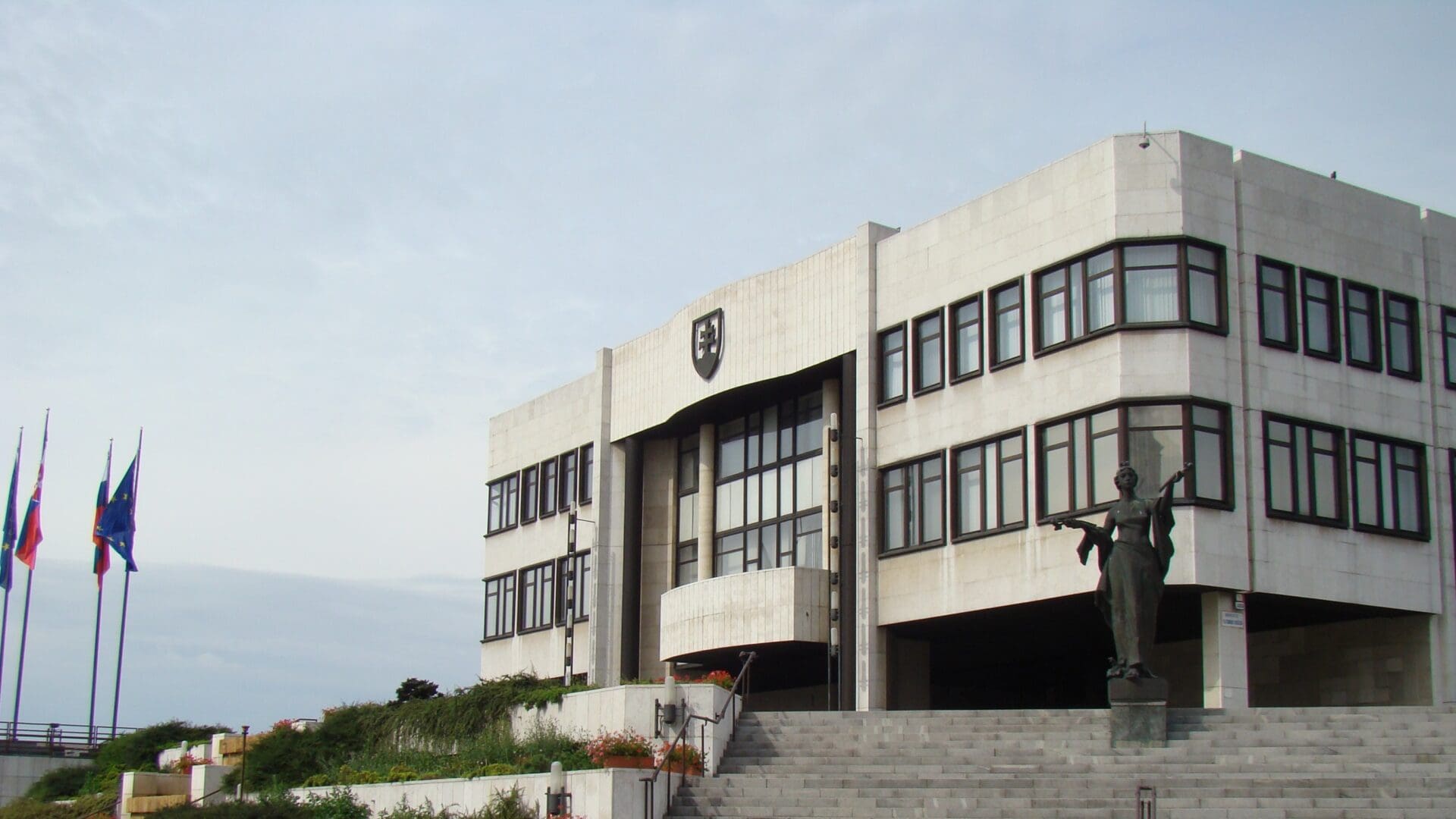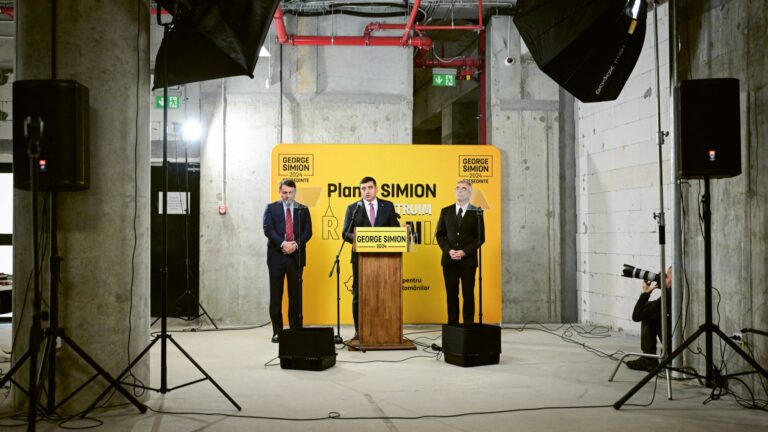With Slovakia’s snap election nearing, Europe’s eyes once again point at Bratislava. Slovakia, a small nation of some 5.4 million inhabitants, has been in a permanent electoral campaign for the last couple of years. It is almost ironic how the High Tatras, the pride of the nation, beam eternal beauty and tranquillity while the country’s politics tend to be so ugly and turbulent: Slovakia has consumed five different prime ministers in the past five years, and it is quite unlikely that the 30 September snap election is going to fix any of the country’s troubles.
The Return of Fico?
On the surface, the Slovak election seems to be about a single question: will Robert Fico, the country’s former prime minister be able to return to power? Fico is perhaps the most well-known Slovak politician of our time: he first assumed office as prime minister in 2006 and has been ubiquitous ever since. Fico has served thrice as head of government; however, the political turmoil after the murder of Ján Kuciak, an investigative journalist examining Fico’s connections to the Italian mafia’s Slovak branch, among others, has forced him out of office.
But even an obvious political murder and accusations of mafia connections could not destroy Robert Fico—he is far more resilient than that. His political career began in the Communist Party of Czechoslovakia, but that did not prevent him from participating in Slovak politics from the moment his country gained independence. In 1999, he formed his own party, Smer – sociálna demokracia (or Direction – Social Democracy in English), which was quick to become dominant in the mid-2000’s.
Smer, however, is not an ordinary Social Democrat party, as Fico is not an ordinary centre-left leader, either.
Robert Fico has mastered populism, a key feature of Slovak domestic politics, like none of his competitors.
Most notably, he now campaigns with halting arms supplies for Ukraine. ‘We are a peaceful country. We will not send a single round to Ukraine’, he said at a campaign event. Fico also pleaded to veto Ukraine’s NATO accession.
While these pledges are certainly music to many ears in Slovakia—and abroad, too—, they are less of a reflection of Fico’s concise understanding of the potentially detrimental effects Ukraine’s integration into the transatlantic security system could—and most likely, will—trigger. Quite the contrary: while Slovakia’s latest governments were keen on arming Ukraine, arms deliveries have been constantly losing public support. According to a poll conducted in late July, only some 43.2 per cent of Slovakia’s electorate are in favour of assisting Kiev’s war efforts, which is a significant decline compared to last December’s 49 per cent—a figure actually lower than Hungary’s at that time.
Robert Fico has certainly got an almost unparalleled understanding of the Slovak psyche and is always ready to change his positions accordingly. It is exactly this exceptional political flexibility—call it populism, if you like—that, albeit obviously not being the most appealing of all human qualities, has helped him achieve so much in Slovak politics.
Who Will Rule Over the Ruins?
Fico’s triumph on 30 September is not set in stone, though. Currently, Smer is leading the polls, however, that lead is everything but convenient. Smer has long surpassed Peter Pellegrini’s—who used to be Fico’s close ally but turned out to be his arch enemy after the former PM was ousted from power in 2018—HLAS in popularity, but its rise was almost exactly paralleled by that of the left-wing Progressive Slovakia (PS). Its leader, Michal Šimečka, otherwise a Vice-President of the European Parliament, is a real rising star of Slovakia’s Europhile, Liberal left with his degrees from Prague and Oxford and his impressive track record in developing the EU’s rule of law mechanism. Šimečka is an obvious dream candidate of Europe’s Liberal elites, nevertheless, just like Fico, he needs to overcome a quite obvious obstacle: he cannot rule alone.
Slovakia’s party system is one of the most fragmented in Europe. With Fico’s downfall, Smer’s predominance ended some five years ago; since then, Slovakia’s politics have been characterised by unstable coalition governments—and a plethora of marginal small parties near the 5 per cent parliamentary threshold. It is almost insignificant whether Fico or Šimečka prevails on Saturday: both of them would be forced to enter difficult negotiations with multiple potential coalition partners just to be able to form a multi-party government that will most likely prove to be just as instable as the previous ones. Fico’s situation seems even more difficult: on the one hand, he has to reckon with Pellegrini’s HLAS, which could even finish third, and on the other hand, he must be aware that he can only find coalition partners for his populist promises among the smaller, more radical parties, which are also more difficult to govern with.
Hungary’s Alleged Interference in Slovakia’s Elections
The election does not bode well for the Hungarian parties either. The swan song of Hungarian parties in Slovakia has been going on for years, and their popularity among voters has declined so much that none of them made it to the Bratislava parliament in the 2020 election. There are a number of reasons for this, which we discussed in a previous article.
Most Hungarian parties decided to merge a few years ago, but opinion polls show that the newfound Szövetség–Aliancia is unlikely to get into parliament either, despite doing relatively well in the last local elections. This is apparently disappointing not only many Hungarians in Slovakia, but also many in Hungarian government circles. Hungarian Foreign Minister Péter Szijjártó recently visited a bridge-opening ceremony in the southern part of Slovakia, where he met the presidency of Szövetség–Aliancia and held a joint press conference, with the barely concealed aim of confirming to the Hungarian public in Slovakia that the Budapest government supports the Hungarian party and its candidates.
Szijjártó’s trip has made big waves in Slovakia, where anti-Hungarian rhetoric is not uncommon during election campaigns.
Jaroslav Naď, the vice-president of the Democrats, who also have a relatively low support, criticized the Hungarian foreign minister, who he said had interfered in the election campaign and in Slovakia's internal affairs. The Hungarian chief diplomat also said earlier that he had received a text message from his Slovak counterpart in which the Slovak foreign minister urged him to ‘behave properly’. Szijjártó’s statements prompted the Slovak foreign ministry to summon Hungary's ambassador in Bratislava this week. Szijjártó also met Fico earlier.
How the Hungarian foreign minister’s actions have affected the Hungarian party's results will be revealed on Saturday. For Szövetség–Aliancia, it would be a great success if it could cross the five per cent threshold in parliament, thus restoring Hungarian representation, but this is unlikely overall. What is very likely, however, is that the winner of the election will not have an easy job either in forming a government or in governing.
Related articles:








